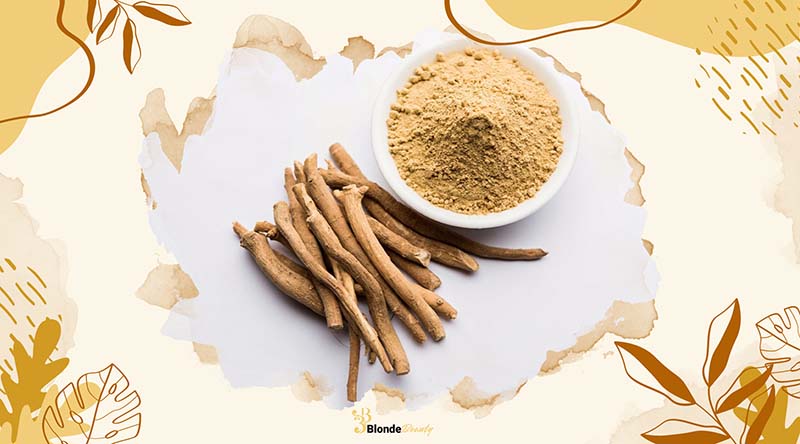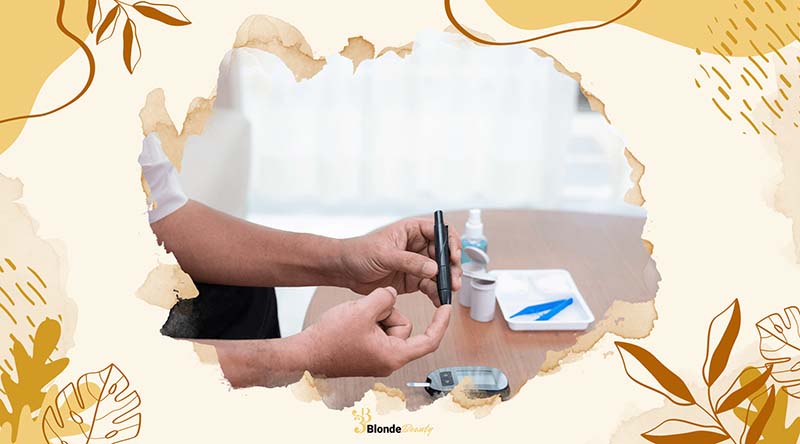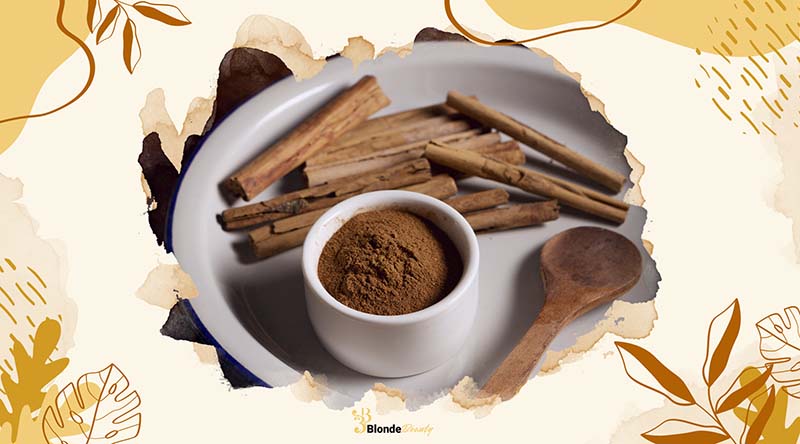Ashwagandha, known botanically as Withania somnifera, is a cornerstone of Ayurveda, the ancient medicinal practice from India, with over 3,000 years of use. This herb is categorized as an adaptogen, meaning it’s believed to enhance your body’s resilience to stress. Historical Ayurvedic writings attribute ashwagandha with the ability to boost strength, sexual function, fertility, and libido, suggesting some scientifically backed benefits.
A common inquiry revolves around ashwagandha’s potential to elevate testosterone levels. Testosterone plays a crucial role in regulating sex drive, muscle development, and fertility, and is necessary for both men and women for optimal health.
The question arises, “Does ashwagandha help with testosterone?” Indeed, there is a curiosity about whether this traditional remedy can effectively increase testosterone. Additionally, for those considering supplementation, the optimal daily dosage of ashwagandha for enhancing testosterone levels is of significant interest.
You should also read the following articles:
- Does Aloe Vera Increase Testosterone? Truth Exploration!
- Does Magnesium Help with Testosterone? Effective or Not
- Is Avocado Good for Erectile Dysfunction? Uncovering Its Benefits
Does Ashwagandha Help with Testosterone?
Ashwagandha has been linked to a potential increase in testosterone levels. Research suggests that Ashwagandha could impact testosterone production by influencing the levels of Luteinizing Hormone (LH), a hormone critical for stimulating testosterone production in men.
Studies have indicated that Ashwagandha might elevate LH production, decrease cortisol levels, raise DHEA-S levels, and reduce oxidative stress, all factors that could contribute to enhancing testosterone levels.
Although further research is required to fully grasp the mechanisms and effects of Ashwagandha on testosterone, current studies indicate a positive correlation between Ashwagandha supplementation and testosterone levels in men.

Why Does Ashwagandha Increase Testosterone ?
The precise mechanisms behind Ashwagandha’s ability to increase testosterone levels require further investigation, as current research and clinical trials are limited. However, Ashwagandha may exert its effects on testosterone through several pathways.
Firstly, Ashwagandha is renowned for its potent antioxidant properties. By consuming Ashwagandha, it’s possible to shield testicular cells from oxidative damage. Since the testes are primarily responsible for testosterone production, minimizing damage to these cells may help maintain testosterone levels.
Secondly, Ashwagandha has been shown to stimulate the production of luteinizing hormone. Luteinizing hormone is produced in the pituitary gland and plays a vital role in supporting the reproductive system. In men, luteinizing hormone essentially kick-starts testosterone production.
Elevated levels of luteinizing hormone could potentially lead to increased testosterone levels. However, women, especially those with conditions like polycystic ovarian syndrome, should consult their healthcare providers before incorporating Ashwagandha into their routines, as it may negatively affect fertility due to its impact on testosterone levels.
Furthermore, Ashwagandha’s anti-stress properties may play a crucial role in boosting testosterone levels. Chronic stress and the resulting high cortisol levels can have various physiological effects.
Prolonged stress, particularly oxidative stress, can impact libido and sperm quality, while cortisol may potentially disrupt testosterone levels and functions. As a natural testosterone booster, Ashwagandha supplementation could help alleviate oxidative stress in the body, thereby mitigating some symptoms associated with low testosterone levels.
Oher Health Benefits of Ashwagandha
Ashwagandha offers a plethora of health benefits beyond its potential influence on testosterone levels. Here are some notable gains associated with this versatile herb:
Increase Awareness
Ashwagandha is renowned for its ability to combat mental fatigue while enhancing memory and focus.
By sharpening focus, Ashwagandha enables individuals to engage in more intense training sessions and prolonged workouts, which can positively impact testosterone production.
Reduce Stress
Ashwagandha supplementation aids in stress and anxiety management, thereby promoting overall health and well-being.
Reduced stress levels also facilitate better sleep quality, which is advantageous for optimal testosterone response.

Enhances Vitality And Performance For Men
With advancing age, men often experience declining energy levels and vigor.
Ashwagandha intervenes by counteracting age-related fatigue, restoring energy levels, and bolstering endurance, consequently enhancing athletic performance.
Regulate Blood Sugar Levels
Research suggests that Ashwagandha possesses the potential to regulate blood glucose levels and inhibit fat absorption in the body.
This regulatory effect on blood sugar levels can help prevent chronic health conditions such as obesity, type 2 diabetes, and cardiovascular diseases.

How to Use Ashwagandha Properly
To properly use Ashwagandha, follow the instructions provided with your supplement. Moreover, consulting with your healthcare provider before incorporating Ashwagandha into your routine is advisable, as it may interact with certain medications.
Ashwagandha is readily available as an over-the-counter supplement and is typically found in tablet, powder, or liquid form. You can purchase Ashwagandha supplements from various health stores, pharmacies, and online retailers specializing in natural supplements.
Each product will have its own specific instructions regarding dosage and frequency. If you’re uncertain about how to proceed, seeking guidance from a healthcare provider is recommended to ensure safe and effective use.
How Much Ashwagandha Per Day for Testosterone?
Ashwagandha has been a staple in holistic health circles for its stress-busting properties, and its popularity is only growing.
Given its role as a dietary supplement and the fact it isn’t an FDA-approved solution for managing low testosterone levels, finding the right dosage can be a bit of a puzzle.
However, diving into the research gives us some insights.
The bulk of scientific research on ashwagandha points to a sweet spot around 500 milligrams (mg) per day. This dosage has been employed in various studies, including one notable investigation where ashwagandha was used to enhance physical performance.
Participants in this study took a single 500-milligram dose daily. Another study, zeroing in on muscle strength, opted for a slightly lower dosage, administering 300 milligrams twice daily.

Is Ashwagandha Safe to Take Long Term?
Ashwagandha is generally considered safe for short-term use.
According to the National Center for Complementary and Integrative Health, ashwagandha appears to be safe for up to 3 months, but there isn’t enough research available regarding its long-term safety.
However, ashwagandha may not be safe under certain circumstances:
- If you are pregnant or nursing.
- If you have an autoimmune or thyroid disorder.
- If you have hormone-sensitive prostate cancer.
- If you have liver problems.
Additionally, ashwagandha may interact with certain medications, including:
- Diabetes medication.
- High blood pressure medication.
- Immunosuppressants.
- Sedatives.
- Seizure medications (anticonvulsants).
- hyroid hormone medications.
Potential side effects of ashwagandha may include:
- Upper gastrointestinal discomfort.
- Drowsiness.
- Diarrhea.
- Vomiting.
Does Ashwagandha Have Potential Side Effects?
Ashwagandha is generally considered safe to use, but you should consult your healthcare provider before adding any new supplement to your regimen. Why is it important? Ashwagandha supplements, along with other herbal remedies available over-the-counter, have the potential to interact with certain medications. These medications may include those used for managing high or low blood pressure, diabetes, anxiety, autoimmune disorders, and certain thyroid conditions.
Furthermore, Ashwagandha has the potential to trigger immune disorders, impact post-surgery recovery, and exacerbate existing thyroid disorders.
While it’s generally considered safe for short-term use, with a suggested limit of up to three months, more research is necessary to fully understand its long-term impact and side effect profile.
Conclusion
The straightforward answer to “Does ashwagandha help with testosterone?” is affirmative. Research consistently shows a positive link between ashwagandha supplementation and increased testosterone levels.
Furthermore, there’s a notable absence of adverse effects reported from its use, underscoring its revered status in traditional medicine and its relevance in contemporary health practices.
Ashwagandha’s effectiveness and safety have been validated through its inclusion in numerous testosterone-boosting formulas, further cementing its position as a beneficial supplement for enhancing testosterone naturally.
Visit other Blondebeauty articles to gain more health knowledge.

Laureate Professor Clare Collins
Professor Clare Collins is a leading expert in nutrition and dietetics at the School of Health Sciences, part of the College of Health, Medicine and Wellbeing. Her work is changing the way we think about food and health. She grew up as one of nine children and was the first in her family to finish high school and go to college. This background gave her a strong work ethic and a deep appreciation for seizing opportunities.
As the Director of the Hunter Medical Research Institute’s Food and Nutrition Program and a recipient of three NHMRC Research Fellowships, Professor Collins is making a big difference in public health. She focuses on helping people who are often overlooked, using new technologies like apps and online programs to improve their nutrition and reduce the risk of chronic diseases.
Professor Collins is well-respected and has been recognized as a Fellow in four major health and science organizations. She leads a diverse team of experts, including dietitians, computer scientists, and engineers, working together on global health projects.
Her achievements are impressive. She has received over $29 million in research funding, published more than 450 papers, and helped 35 PhD and Master’s students complete their degrees. She’s also active in sharing her knowledge with the public. She has developed tools like the Australian Eating Survey and the Healthy Eating Quiz, and she often appears in the media to talk about nutrition.
PUBLISHED ARTICLES
- Collins, C. (2019). “The Effect of a Pilot Dietary Intervention on Pain Outcomes in Patients Attending a Tertiary Pain Service.”
- Collins, C. (2022). “Variation in cardiovascular disease risk factors among older adults.”
- Collins, C. (2022). “Evaluation of an online intervention for improving stroke survivors’ health-related quality of life: A randomised controlled trial.”
These articles show Professor Collins’s commitment to understanding how better nutrition can improve health. Her work is important for researchers, doctors, and anyone interested in healthy living.
